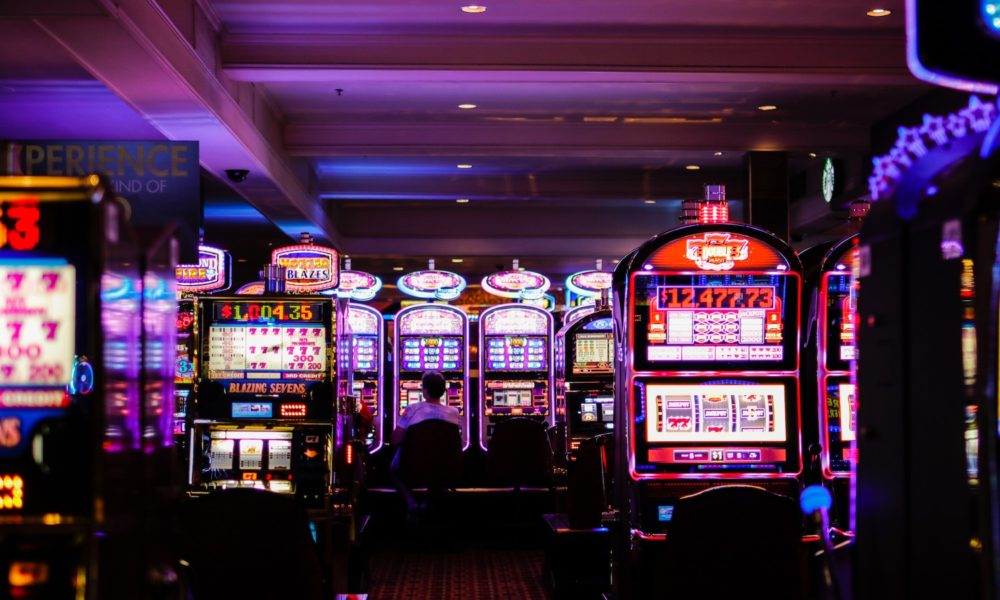Why traditional gambling fallacies get exploited by savvy online slot players?
Lady Luck’s whims seem to defy rational explanation. Random outcomes behind slot machine spins invoke magical thinking by players relying more upon superstitions over strategy. In chaotic uncertainty, belief-based biases offer illusory control for placing fate’s reins in one’s hands. Seeing roulette yield five straight red bolsters faith doubling down will repeat that “hot streak”. Conversely, after black hits twice, gamblers switch tables fearing underlying machinery turned “cold” yielding strings of black. Despite true odds unchanged between spins, the perception of loaded likelihood warps objectively random processes. Savvy slot player’s leverage how hot hand bias leads most to irrationally chase wins. After two bonus rounds hit, the bandwagon effects snowball hype to keep playing. Unlikely outcomes feel “due” to offset realities like hit frequencies programmed regardless of past events. Data show most budget themselves to quit after winning goals – exactly when they’re most emotionally rushing.
Neglect of regression – Failing to account for reversions
Equally exploited is the neglect of regression or “gambler’s fallacy”. It assumes natural corrective forces must offset extremes to restore balance. So observing red hit seven straight times, players switch wagers to black expecting probabilities to compensate for yielding blacks. Of course on truly randomized wheels, each independent spin bears no relation to past results. Yet in minds tainted by magical thinking, imaginary self-correcting laws of averages seem real.
But savvy ยูสใหม่แตกดี players understand streaks continue longer than natural human intuitions assume likely. So rather than expecting black hits after red repeat streaks, they leverage how public bias miscalculates likelihoods after spikes. Knowing full well patterns owed nothing to odds-changing mechanisms; informed players capitalize on the majority wrongfully predicting imminent reversals.
Clustering illusion – Inflating importance of coincidence
Even unrelated events trigger illusionary connections known as the clustering illusion. Lady Luck feels like she arranges symbolic wins on special days. Level-headed players understand hitting big on one’s anniversary or birthday constitutes pure coincidence. But to most, meaningful patterns emerge from randomness. Once again savvy gamblers leverage how this cognitive distortion compels novice players to see “lucky signs” to prolong play. If lady luck weaves destinies through subtle signals, surely winning symbols landing on meaningful days signal divine hints to keep spinning reels.
By resisting the meaningless nature of such clusters, the illusion of structured fate hijacks rational faculties into risky behaviors. Those capitalizing bank winnings before imaginary connections inspire foolish decisions. After all, success owes nothing to capricious stars aligning – just mathematical randomness.
The near-miss motivator
Chasing close calls also exposes a lack of statistical mastery. When slot reels stop milliseconds from matching jackpots, players feel victory’s palpable closeness. That sensory taste fuels irrational beliefs luck turned tides require just a few more tries.
But getting black, black, and red when betting on red carries no higher meaning than any other loss. Outcomes equally near or far miss jackpots land with precisely equal probability. Yet advisory pop-ups mentioning proximity to big wins tempt players into falsely perceiving almost-victories as tipping luck’s scales into their inevitable favor.

